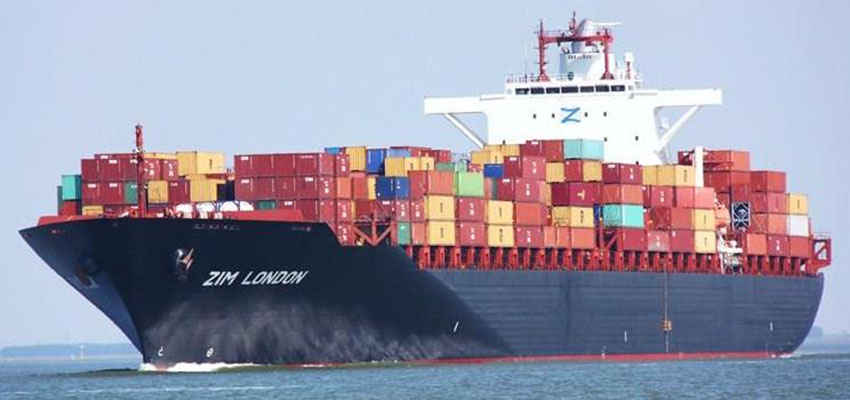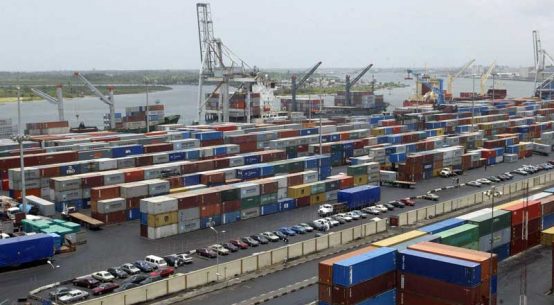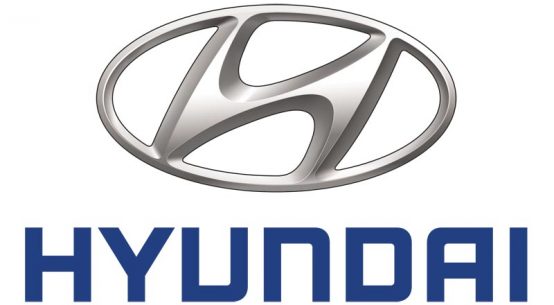
Lagos (Thisday) – The Federal Government of Nigeria has been advised that if the country wants to be reckoned with as a serious shipping nation, the shipping industry must be given the same zero duty waiver given to other industries such as aviation, telecommunications, power and agriculture.
Mrs Mfon Usoro, Secretary-General of the Memorandum of Understanding on Port State Control for West and Central Africa (Abuja MoU) and former Director-General, Nigerian Maritime Administration and Safety Agency (NIMASA) gave the advice while speaking after her presentation at the 2017 workshop and dinner of the Ship Owners Association of Nigeria (SOAN) in Lagos.
The workshop was designed to provide Nigerians, particularly the business class, a unique opportunity to brainstorm and synergise with the aim of finally lifting the country out of her present economic quagmire, by ensuring that both policymakers and industry stakeholders are on the same page regarding the plight of ship owners in Nigeria and practical ways to improve their fortunes.
According to her, “If Nigeria is desirous of being seen as a shipping nation, we need to prioritize the shipping industry just as we prioritized telecommunications, power and agriculture.”
Usoro referred to fiscal incentives provided by the Nigerian Investment Promotion Council (NIPC) and the Federal Inland Revenue Service (FIRS) to those sectors of the economy, urging the Federal Government to replicate the same thing in shipping.
“Give the same type of tariff-based tax relief you gave to these prioritized sectors to the shipping industry: zero import duty on spares and equipment used for ship repairs, shipbuilding and maintenance of vessels and importation of ships into Nigeria. That is what every other shipping nation does,” she reminded the Federal Government.
Usoro recalled that in Nigeria, aircraft have zero importation restrictions. “Why should we not have that kind of thing for vessel importation?” she queried.
“This is one sure way to grow the shipping industry in Nigeria. Nigeria cannot claim to be a shipping nation or a nation with a significant interest in shipping when she cannot boast of a shipping line and vessels that carry the Nigerian flag in international trade,” the former NIMASA boss said.
 Usoro condemned provisions made on temporary importation license designed to favour foreign ship owners to the detriment of their local counterparts. She said that this works against the intendment of the Cabotage Act.
Usoro condemned provisions made on temporary importation license designed to favour foreign ship owners to the detriment of their local counterparts. She said that this works against the intendment of the Cabotage Act.
“Some foreign shipping companies who would have paid to flag their vessels under our registry enjoy liberal importation reliefs through temporary importation license. That practice of temporary importation license allows them to bring in their vessels without tax. Because they are not going to register in Nigeria, they bring in a very little percentage, maybe three to four percent of their total cost whereas whoever wants to do same in Nigeria will have to pay full duty.
“This is one loophole that has been abused by foreigners. You see these vessel owners come in, take a temporary import license; as soon as this expires, they come in again and take another one. This should not be allowed. They are invariably working in Nigeria permanently without registering with NIMASA, the flag administration,” Usoro explained.
She condemned the practice whereby these foreign shipping companies coming into Nigeria enjoy fiscal incentives. “Why can’t government do same for indigenous ship owners in Nigeria? Nigeria must do what other shipping nations do so as to be reckoned with them.”









